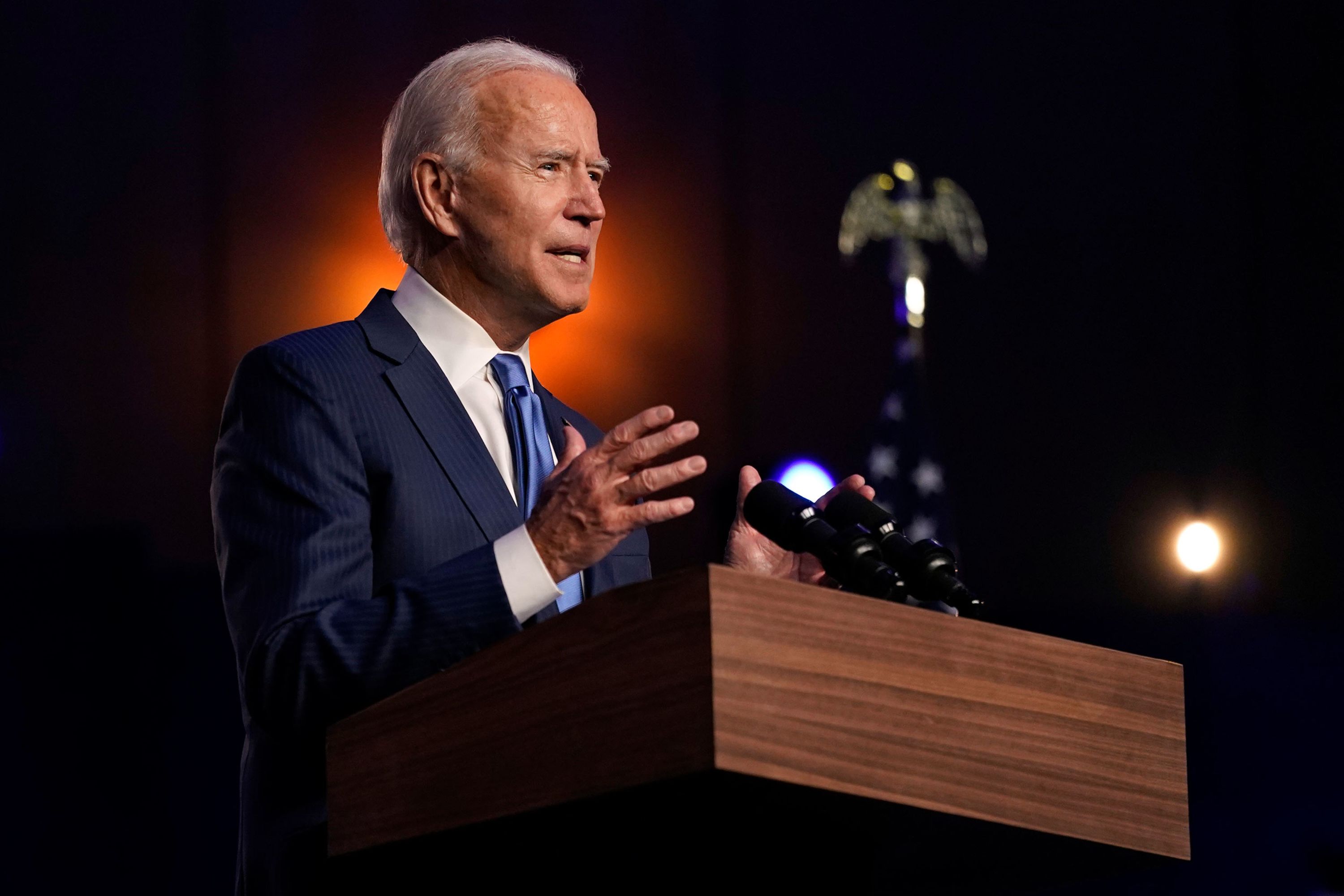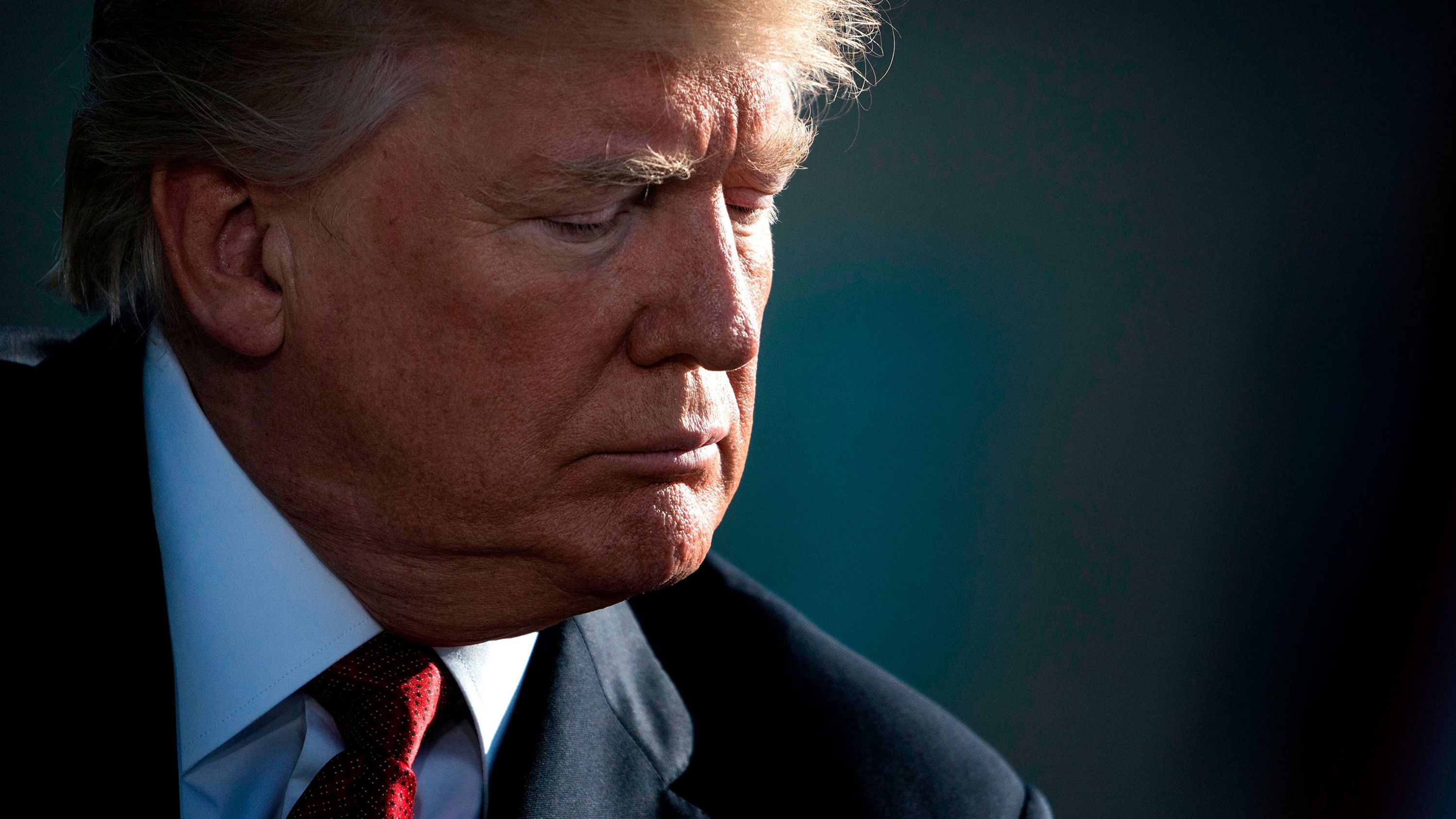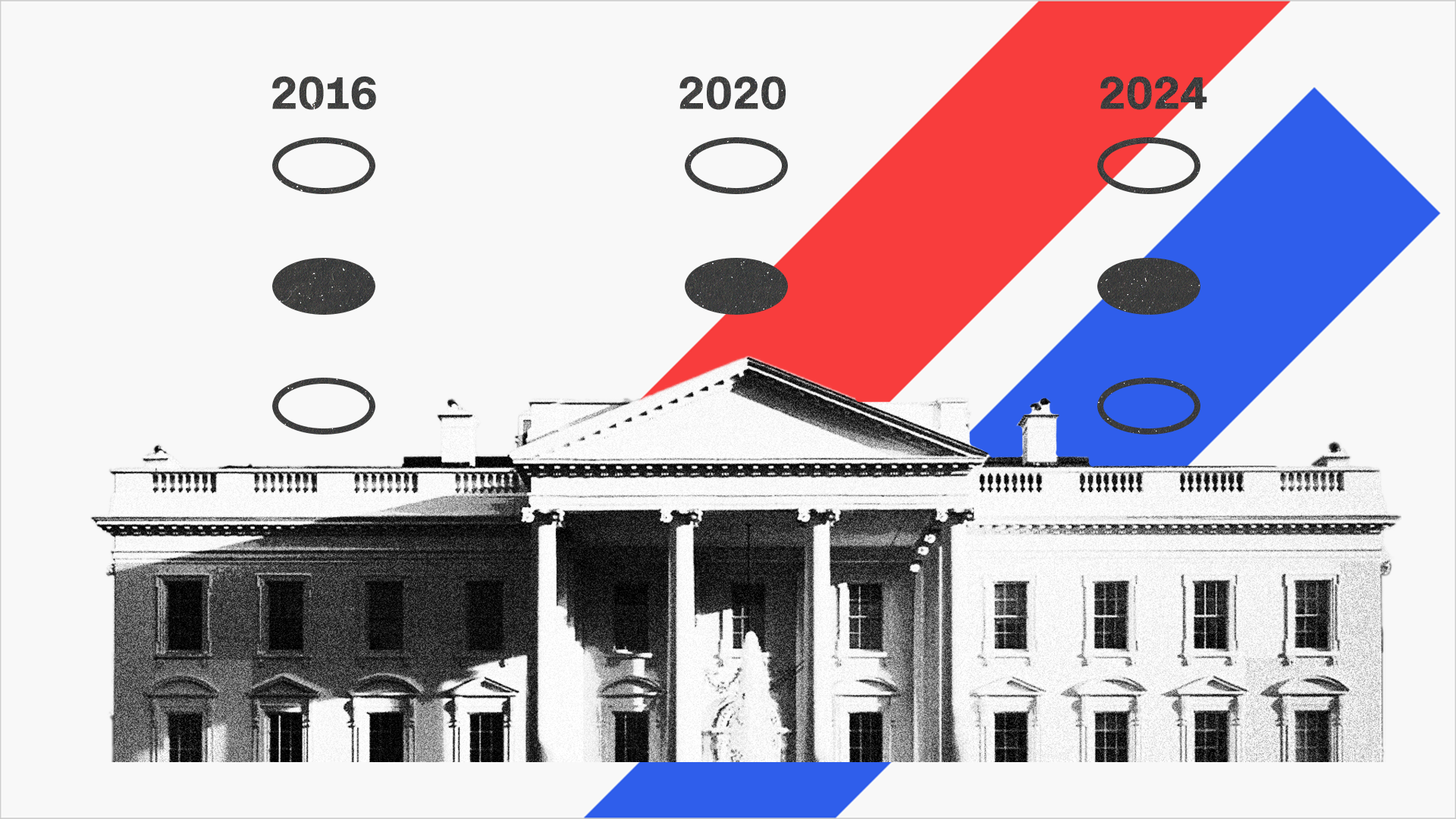
Man charged for throwing a sandwich at an officer in DC worked at DOJ and has been fired
Entities mentioned:
- Sean Charles Dunn: Moral outrage, Indignation, Righteousness
- Pam Bondi: Justice, Power, Control
- Donald Trump: Control, Power, Security
- Jeanine Pirro: Loyalty, Justice, Control
- Department of Justice: Control, Justice, Power
- US Customs and Border Protection: Duty, Security, Control
Article Assessment:
Credibility Score: 70/100
Bias Rating: 65/100 (Lean Right)
Sentiment Score: 30/100
Authoritarianism Risk: 75/100 (Authoritarian Tendencies)
Bias Analysis:
The article leans slightly right, giving more space to pro-law enforcement voices and emphasizing the administration's tough stance. However, it does include some balancing information about crime statistics contradicting the administration's claims.
Key metric: Public Trust in Government Institutions
As a social scientist, I analyze that this incident highlights growing tensions between federal law enforcement and civilians, exacerbated by the Trump administration's increased deployment of federal officers in Washington, DC. The firing and prosecution of a DOJ employee for a relatively minor offense (throwing a sandwich) suggests a hardline approach to dissent and could be seen as an attempt to intimidate government workers. This event, coupled with the takeover of local police by federal authorities, indicates a significant shift in the balance of power between local and federal law enforcement, potentially impacting public trust in government institutions. The strong rhetoric from officials like Bondi and Pirro further polarizes the situation, potentially deepening divisions between law enforcement and the public they serve.

Trump told Melania to ‘go forward’ with legal action against Hunter Biden over Epstein relationship comments
Entities mentioned:
- Donald Trump: Power, Control, Self-preservation
- Melania Trump: Self-preservation, Pride, Righteousness
- Hunter Biden: Defiance, Self-preservation, Indignation
- Jeffrey Epstein: Power, Control
- Andrew Callaghan: Curiosity, Professional pride, Recognition
- Nick Clemens: Duty, Loyalty
- Michael Wolff: Recognition, Influence
Article Assessment:
Credibility Score: 65/100
Bias Rating: 55/100 (Center)
Sentiment Score: 30/100
Authoritarianism Risk: 35/100 (Generally Democratic)
Bias Analysis:
The article presents multiple viewpoints and sources, including direct quotes from both sides. However, there's slightly more focus on Hunter Biden's perspective, which may suggest a slight center-left lean.
Key metric: Political Polarization Index
As a social scientist, I analyze that this article highlights the ongoing political tensions and legal battles between the Trump family and Hunter Biden. The threat of legal action over comments about the Trumps' relationship with Jeffrey Epstein further intensifies the already polarized political climate. This situation likely increases distrust between political factions and could lead to a further deterioration of civil discourse. The involvement of high-profile figures and the sensational nature of the claims may contribute to increased cynicism among the public regarding political figures and institutions. Furthermore, the use of legal threats against political opponents may have a chilling effect on free speech and open dialogue, potentially impacting democratic processes.

‘Chaos, fear and confusion’: Trump-backed crackdown hits DC’s homeless population
Entities mentioned:
- Donald Trump: Power, Control, Influence
- Amber Harding: Justice, Duty, Moral outrage
- Heather Bernard: Self-preservation, Freedom, Self-respect
- Muriel Bowser: Duty, Self-preservation, Wariness
- Charles Allen: Concern, Duty, Wariness
- Karoline Leavitt: Loyalty, Duty, Control
- Edward Wycoff: Justice, Concern, Professional pride
- Isis Burnette: Self-preservation, Freedom, Self-respect
Article Assessment:
Credibility Score: 75/100
Bias Rating: 40/100 (Lean Left)
Sentiment Score: 30/100
Authoritarianism Risk: 65/100 (Authoritarian Tendencies)
Bias Analysis:
The article leans slightly left, giving more voice to homeless advocates and individuals than to supporters of the crackdown. However, it does include perspectives from both sides and provides factual context.
Key metric: Homelessness Rate
As a social scientist, I analyze that this article highlights the complex interplay between federal and local governance in addressing homelessness in Washington, D.C. The Trump administration's aggressive approach to clearing homeless encampments is creating tension with local officials and advocacy groups. This policy shift risks disrupting existing support systems and potentially criminalizing homelessness, which could lead to increased homelessness rates and reduced access to services. The article illustrates the challenges of balancing public safety concerns with the rights and needs of homeless individuals, and the potential consequences of a top-down, enforcement-heavy approach to a complex social issue.

In pictures: DC military parade celebrates 250 years of the US Army
Entities mentioned:
- US Army: Pride, Legacy, Professional pride
- Donald Trump: Recognition, Legacy, Power
- Washington, DC: Unity, Obligation, Pride
Article Assessment:
Credibility Score: 65/100
Bias Rating: 55/100 (Center)
Sentiment Score: 70/100
Authoritarianism Risk: 65/100 (Authoritarian Tendencies)
Bias Analysis:
The article presents a relatively balanced view, including both the celebratory aspects and Trump's personal involvement. However, it lacks critical perspectives or diverse viewpoints on the parade's appropriateness or impact.
Key metric: National Unity and Patriotism
As a social scientist, I analyze that this military parade significantly impacts the metric of National Unity and Patriotism. The event, celebrating the US Army's 250th anniversary, is designed to foster a sense of national pride and unity through a display of military might. However, such displays can be polarizing, potentially strengthening patriotic sentiments among supporters while alienating critics who may view it as an unnecessary show of force or misuse of resources. The coinciding with President Trump's birthday adds a personal element that could further divide public opinion along political lines. The scale and rarity of the event suggest an attempt to bolster national morale and project strength, both domestically and internationally, which could have complex implications for social cohesion and international relations.

In pictures: Former President Joe Biden
Entities mentioned:
- Joe Biden: Ambition, Legacy, Duty
- Donald Trump: Power, Competitive spirit
- Kamala Harris: Ambition, Loyalty, Unity
- Barack Obama: Legacy, Influence
- Jacquelyn Brittany: Recognition, Enthusiasm, Loyalty
- Democratic Party: Unity, Power, Self-preservation
Article Assessment:
Credibility Score: 70/100
Bias Rating: 40/100 (Lean Left)
Sentiment Score: 55/100
Authoritarianism Risk: 25/100 (Generally Democratic)
Bias Analysis:
The article leans slightly left, evidenced by its sympathetic portrayal of Biden and positive framing of Democratic figures. However, it maintains a relatively balanced tone by including factual information about Biden's career and electoral history.
Key metric: Political Stability and Absence of Violence
As a social scientist, I analyze that this article highlights significant shifts in the U.S. political landscape, particularly focusing on Joe Biden's career trajectory and the events leading to his withdrawal from the 2024 presidential race. The emphasis on Biden's decision to step aside for the 'good of the party and country' suggests a prioritization of party unity and political stability over personal ambition. The inclusion of Jacquelyn Brittany's story underscores the importance of relatability and personal connection in political narratives. The transition of support to Kamala Harris indicates a potential shift in party leadership and strategy, which could have substantial implications for the Democratic Party's future direction and electoral prospects. This political reshuffling may impact the country's political stability metric by introducing uncertainty in leadership transition and potentially altering policy directions.
- Read more about In pictures: Former President Joe Biden
- Log in to post comments

In pictures: President Donald Trump
Entities mentioned:
- Donald Trump: Power, Revenge, Legacy
- Kamala Harris: Ambition, Duty, Influence
- Joe Biden: Legacy, Duty, Power
- Hillary Clinton: Ambition, Power, Legacy
- Michael Cohen: Loyalty, Self-preservation, Justice
- Stormy Daniels: Recognition, Justice, Self-preservation
- Jack Smith: Duty, Justice, Professional pride
- Fani Willis: Justice, Duty, Professional pride
Article Assessment:
Credibility Score: 70/100
Bias Rating: 55/100 (Center)
Sentiment Score: 30/100
Authoritarianism Risk: 65/100 (Authoritarian Tendencies)
Bias Analysis:
The article presents a mix of factual information and controversial events without overtly favoring either side. While it includes Trump's legal troubles, it also mentions his political comeback, maintaining a relatively balanced perspective.
Key metric: Political Stability Index
As a social scientist, I analyze that this article highlights significant challenges to the US political system and its stability. Trump's return to power after legal controversies, including a felony conviction, represents a major shift in political norms. The dropping of federal cases and the disqualification of a district attorney in a state case suggest potential erosion of judicial independence and the rule of law. The assassination attempt on a presidential candidate further underscores the heightened political tensions and potential for violence. These events collectively indicate a weakening of democratic institutions and a trend towards increased polarization, potentially lowering the US Political Stability Index.
- Read more about In pictures: President Donald Trump
- Log in to post comments

Anatomy of three Trump elections: How Americans shifted in 2024 vs. 2020 and 2016
Entities mentioned:
- Donald Trump: Power, Ambition, Competitive spirit
- Kamala Harris: Ambition, Legacy, Duty
- Joe Biden: Legacy, Duty, Influence
- Hillary Clinton: Ambition, Legacy, Influence
- CNN: Professional pride, Influence, Recognition
- Edison Research: Professional pride, Accuracy, Recognition
- National Election Pool: Accuracy, Influence, Professional pride
Article Assessment:
Credibility Score: 75/100
Bias Rating: 45/100 (Center)
Sentiment Score: 50/100
Authoritarianism Risk: 20/100 (Strongly Democratic)
Bias Analysis:
The article presents data from multiple elections and diverse demographic groups, showing effort for balanced reporting. While it includes both positive and negative aspects for each candidate, there's a slight lean towards emphasizing Trump's gains.
Key metric: Voter Demographics and Preferences
As a social scientist, I analyze that this article presents a comprehensive overview of shifting voter demographics and preferences across three presidential elections involving Donald Trump. The data reveals significant changes in various voter groups, including women, Latinos, and educational demographics. The economy emerges as a crucial factor, with a majority of voters perceiving it negatively in 2024, benefiting Trump. The article also highlights the evolving abortion debate and its impact on voting patterns. The shift in first-time voter support from Democrats to Republicans is notable, as is the increased polarization among liberals and conservatives. These trends suggest a complex political landscape with multiple factors influencing voter behavior, including economic conditions, social issues, and candidate appeal.
Tracking Trump’s criminal cases
Entities mentioned:
- Donald Trump: Self-preservation, Power, Control
- Judge Juan Merchan: Justice, Duty, Professional pride
- Jack Smith: Duty, Professional pride, Justice
- Manhattan District Attorney's Office: Justice, Duty, Righteousness
Article Assessment:
Credibility Score: 75/100
Bias Rating: 45/100 (Center)
Sentiment Score: 35/100
Authoritarianism Risk: 40/100 (Generally Democratic)
Bias Analysis:
The article presents a factual timeline of events without overtly favoring any political stance. It includes details from various cases and perspectives, maintaining a relatively neutral tone in its reporting.
Key metric: Rule of Law Index
As a social scientist, I analyze that this article significantly impacts the Rule of Law Index for the United States. The conviction and subsequent unconditional discharge of a president-elect in a criminal case, coupled with the dropping of federal cases against him, presents a complex scenario for the rule of law. On one hand, it shows that even high-ranking officials can be held accountable through the legal system. On the other hand, the inability to impose penalties and the dismissal of other cases may suggest that political power can influence legal outcomes. This situation could potentially weaken public perception of equal application of the law and the independence of the judiciary, key components of the Rule of Law Index.
- Read more about Tracking Trump’s criminal cases
- Log in to post comments

What questions do you have about Trump’s summit with Putin in Alaska?
Entities mentioned:
- Donald Trump: Power, Recognition, Self-preservation
- Vladimir Putin: Power, Influence, Control
- CNN: Professional pride, Curiosity, Influence
Article Assessment:
Credibility Score: 70/100
Bias Rating: 40/100 (Lean Left)
Sentiment Score: 50/100
Authoritarianism Risk: 30/100 (Generally Democratic)
Bias Analysis:
The article leans slightly left due to CNN's generally left-leaning reputation. The framing of 'questions' about the summit subtly implies scrutiny of Trump's actions, rather than neutral reporting of the event.
Key metric: International Diplomacy Effectiveness
As a social scientist, I analyze that this article impacts the US's international diplomacy effectiveness by highlighting a high-stakes meeting between the US and Russian presidents. The framing of the article as a Q&A format suggests public interest and concern about the summit's implications. The involvement of CNN, a major news network, in addressing public questions indicates the meeting's significance in shaping public opinion on US-Russia relations. The choice of Alaska as the meeting location adds a geopolitical dimension, potentially signaling Arctic interests or neutral ground diplomacy.

Trump announces Kennedy Center honorees as he tries to put his stamp on DC
Entities mentioned:
- Donald Trump: Power, Control, Legacy
- Kennedy Center: Professional pride, Influence, Recognition
- Republican Party: Loyalty, Power, Control
- Democratic Party: Righteousness, Moral outrage, Resistance
- Washington, DC: Self-preservation, Freedom, Unity
Article Assessment:
Credibility Score: 70/100
Bias Rating: 45/100 (Center)
Sentiment Score: 35/100
Authoritarianism Risk: 65/100 (Authoritarian Tendencies)
Bias Analysis:
The article presents a balanced view of events, including both Trump's actions and criticisms from opponents. While it leans slightly towards emphasizing concerns about Trump's interventions, it also includes his justifications and supporters' viewpoints.
Key metric: Government Control Over Cultural Institutions
As a social scientist, I analyze that this article highlights a significant shift in the relationship between the federal government and cultural institutions in Washington, DC. Trump's aggressive moves to exert control over the Kennedy Center and other DC institutions represent an unprecedented level of federal intervention in traditionally independent cultural spaces. This could have far-reaching implications for artistic freedom, cultural expression, and the separation of politics from the arts. The article suggests a potential politicization of cultural institutions, which may lead to changes in programming, funding, and leadership that align more closely with the current administration's ideology. This shift could impact the diversity of artistic voices and perspectives represented in these institutions, potentially altering the cultural landscape of the nation's capital and, by extension, the country.